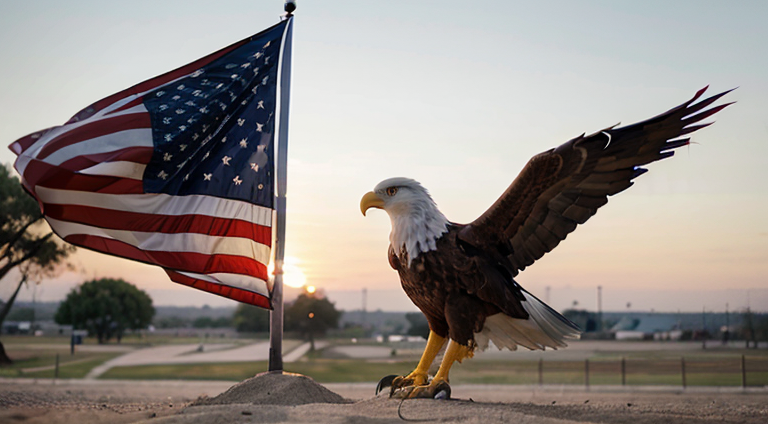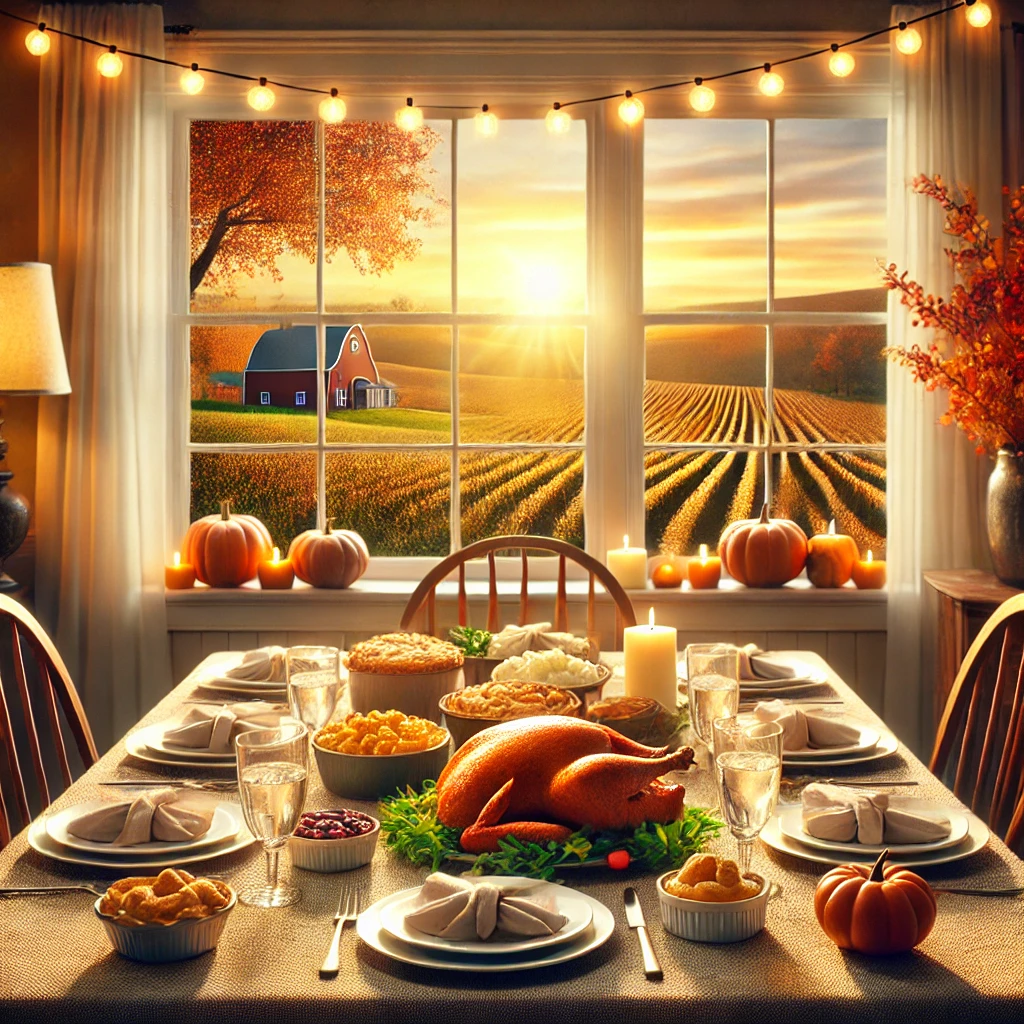Veterans Day, observed annually on November 11, holds profound significance for those who have served in the armed forces. Beyond the parades and ceremonies lies a complex tapestry of emotions, reflections, and memories unique to every veteran. From their perspective, this day represents more than a public holiday—it’s a solemn reminder of the sacrifices made, the bonds forged, and the ongoing challenges of reintegration into civilian life.
A Day of Reflection and Honor
For many veterans, Veterans Day is a time to honor the fallen comrades who did not make it home. While Memorial Day specifically commemorates those who died in service, Veterans Day offers an opportunity to remember all who have served, whether in combat or support roles. The day often stirs vivid memories of military life: the camaraderie, the moments of danger, and the sense of purpose.
As retired Army Sergeant Major John Smith notes, “It’s a day of mixed emotions. I think of the brothers and sisters I lost and the pride in what we accomplished together. But it’s also a day to reconnect with the community and share our stories, so others understand the cost of their freedom.”
The Weight of Sacrifice
Service members often carry the weight of sacrifice long after their discharge. Some face visible scars from injuries sustained in battle, while others bear invisible wounds, such as post-traumatic stress disorder (PTSD) or moral injury. These challenges highlight the importance of the day as an opportunity for the broader community to express gratitude and offer support.
Veteran advocacy groups frequently stress that recognition on Veterans Day should extend beyond symbolic gestures. Many veterans appreciate practical support systems, such as improved healthcare, mental health services, and reintegration programs. As former Navy officer Maria Lopez explains, “It’s not just about saying ‘thank you.’ It’s about ensuring we’re supported when we come home and transition to civilian life.”
The Struggles of Reintegration
Transitioning from military to civilian life can be one of the most challenging experiences for veterans. The shift from a structured, mission-driven environment to the often ambiguous and unstructured civilian world can leave many feeling isolated or adrift. This adjustment period underscores the importance of community initiatives and support networks, particularly around Veterans Day.
Organizations like the Veterans of Foreign Wars (VFW) and the American Legion play a crucial role in bridging this gap. They provide platforms for veterans to share their experiences and find solace in the company of those who understand their struggles. Veterans Day events at these organizations often include panel discussions, resource fairs, and storytelling sessions that foster a sense of belonging and purpose.
A Legacy of Service
Veterans Day also serves as a reminder of the legacy of service passed down through generations. For many veterans, their service is not just a chapter of their own lives but part of a larger narrative of national service. It’s a day to educate younger generations about the sacrifices that secured the freedoms they enjoy today.
As Vietnam veteran and educator Robert Jenkins emphasizes, “I always use Veterans Day to talk to my students about history—not just the wars, but the personal stories of those who served. It’s vital they understand that freedom isn’t free and that service comes in many forms.”
Conclusion: The Call to Support
From a veteran’s perspective, Veterans Day is a day of honor, remembrance, and community. It’s a time for the nation to pause and acknowledge the contributions of those who served, while also reflecting on the ongoing responsibility to support them in their post-military lives.
Veterans urge everyone to see this day as more than a time for ceremonies but as a call to action: to advocate for their needs, honor their sacrifices, and ensure they are never forgotten. In the words of one veteran, “Veterans Day is not just about what we’ve done. It’s about what you can do to honor and support the men and women who made it possible for you to live in freedom.”




